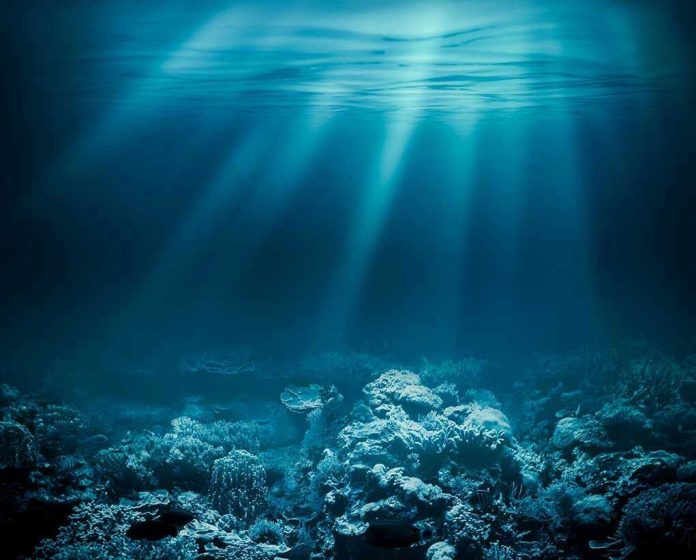
Global plastic pollution has reached catastrophic levels, with scientists discovering that even Spain’s most remote protected marine reserve is now blanketed in record-breaking concentrations of toxic microplastics and microrubber that threaten to destroy one of the Mediterranean’s last coral reef ecosystems.
Story Highlights
- Spanish marine reserve contains over 6,300 microplastic particles per kilogram of sediment—unprecedented levels
- Remote Illa Grossa island pollution threatens Mediterranean’s only reef-building coral species
- Global ocean currents transport plastic waste to protected areas despite isolation from human activity
- Microplastics small enough for coral ingestion pose direct health risks to marine ecosystems
Protected Waters Under Siege
Researchers from Kiel University and Helmholtz Center Hereon discovered alarming concentrations of microplastics and microrubber in Spain’s Columbretes Islands marine reserve, located over 34 miles offshore. The sediment survey revealed over 1,500 particles per kilogram, with some samples exceeding 6,300 particles. These findings represent the first documentation of such extreme contamination levels in a Mediterranean coral reef environment, demonstrating that global pollution has penetrated even the most protected marine sanctuaries.
The contaminated bay houses Cladocora caespitosa, the Mediterranean’s only reef-building coral species, which faces unprecedented threats from the toxic particles. Dr. Daniel Pröfrock, a microplastics expert involved in the study, confirmed these particles are small enough for coral ingestion, creating direct health risks for the endangered species. The Northern Current acts as a conveyor belt, funneling global plastic waste into the bay where it becomes trapped in sediment layers.
Ecosystem Collapse Threatens Coastal Communities
The pollution crisis extends beyond environmental concerns to economic and social impacts affecting local fishing communities. Coral reefs reduce wave energy by 97 percent, protecting coastal areas from flooding and storm damage while supporting marine biodiversity essential for local fisheries. The decline of these reef systems threatens food security for families dependent on fishing income and increases vulnerability to climate-related coastal hazards across the Mediterranean region.
Previous studies in 2024 already documented fly-ash pollution and heatwave damage to the coral population, indicating multiple stressors converging on this critical ecosystem. The combination of thermal stress, chemical contamination, and now unprecedented levels of microplastic pollution creates a perfect storm threatening the complete collapse of this unique Mediterranean habitat. Local communities face potential displacement as their traditional livelihoods become unsustainable.
Scientific Community Sounds Alarm
Dr. Lars Reuning, the study’s lead author, stated that the findings are “deeply concerning” because they demonstrate how global plastic pollution affects even protected areas, particularly endangering sensitive coral species. The research team emphasized that microrubber contamination proves even more prevalent than microplastics yet remains significantly less studied, creating additional unknown risks for marine ecosystems. These discoveries challenge assumptions about the effectiveness of marine protected areas in an era of global pollution.
The scientific evidence underscores the urgent need for international action on plastic waste management and marine conservation policies. Current technological interventions, including underwater robots and acoustic restoration techniques, offer potential solutions but cannot address the root cause of global plastic production and inadequate waste disposal systems. The study’s publication in August 2025 has sparked calls for stricter international regulations on plastic waste and enhanced monitoring of protected marine environments worldwide.
Sources:
Scientists stunned after finding remote island blanketed in dangerous material
Remote island blanketed in dangerous material findings







